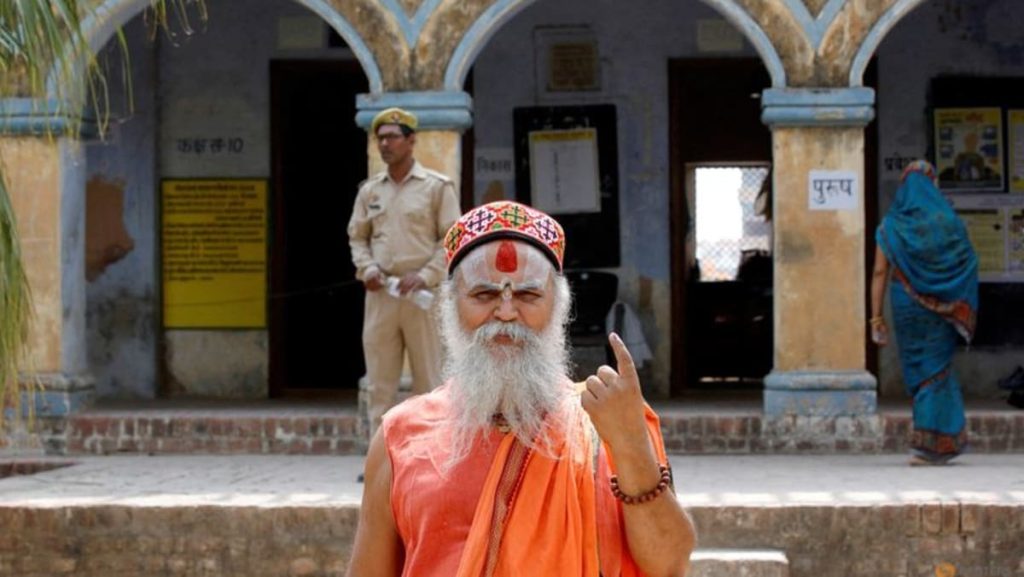The redevelopment of Ayodhya into a temple town involved the demolition of thousands of homes and stores, causing dissatisfaction among locals who believed that the compensation offered was inadequate. Some locals, including BJP supporters, felt that their concerns were not heard by the authorities. Despite efforts by a group to lobby BJP leaders for support, they were allegedly told that their votes were not needed. District magistrate Nitish Kumar defended the compensation process as fair, but concerns remained among the affected residents. A senior leader of the Rashtriya Swayamsevak Sangh (RSS), the BJP’s ideological parent, acknowledged the need for a reality check in light of the discontent caused by the redevelopment.
Despite facing challenges in Ayodhya and other areas, the BJP still has key strengths including a popular leader, control of the Uttar Pradesh state government, and the support of the RSS. Analysts noted that the BJP performs well in states without strong local parties, such as Uttar Pradesh where the Samajwadi Party (SP) was able to capitalize on regional discontent. While the Congress party attempted to nationalize its message by portraying the BJP as a threat to affirmative action, caste-based messaging did not have as much impact in India’s urbanizing cities where class identities are becoming more prominent. The BJP expressed confidence in winning state elections in Uttar Pradesh by 2027 and emphasized the importance of learning from losses and adapting to the changing political landscape.
The BJP faced criticism for not listening to the voices on the streets and being out of touch with the concerns of local residents during the redevelopment of Ayodhya into a temple town. Local BJP leader Veerchand Manjhi and other traders confirmed that their issues were not adequately addressed by authorities, despite efforts to communicate with party leaders. The party’s focus on winning elections and relying on the popularity of its leaders may have led to overlooking the discontent among residents, as highlighted by senior RSS leader Ratan Sharda’s comments in the “Organiser” magazine. The BJP worker in Ayodhya expressed the sentiment that the party either wins or learns from its experiences, indicating a willingness to reflect on the failures and challenges faced during the redevelopment process.
The BJP’s resilience was evident in its continued presence and strengths, despite facing criticism and discontent in Ayodhya and other areas. The party’s leader, organizational structure, and political alliances gave it an advantage in navigating the complex political landscape of India. The BJP’s ability to adapt and learn from losses, as mentioned by a party worker in Ayodhya, demonstrated its commitment to addressing challenges and improving its strategies. While the BJP faced criticism for its handling of the Ayodhya redevelopment and other issues, it remained confident in its ability to win state elections and maintain its position as a dominant political force in the country.
Overall, the BJP’s experience in Ayodhya highlighted the challenges of balancing development initiatives with the concerns and voices of local residents. The discontent among residents and traders raised questions about the party’s approach to governance and decision-making processes. Moving forward, the BJP’s ability to listen to and address the grievances of local communities, while maintaining its political strengths and alliances, will be crucial in securing electoral victories and staying relevant in the changing political landscape of India. As the party reflects on its experiences and learns from its setbacks, it will need to reassess its strategies and communication channels to ensure that the voices of all stakeholders are heard and considered in future decision-making processes.


